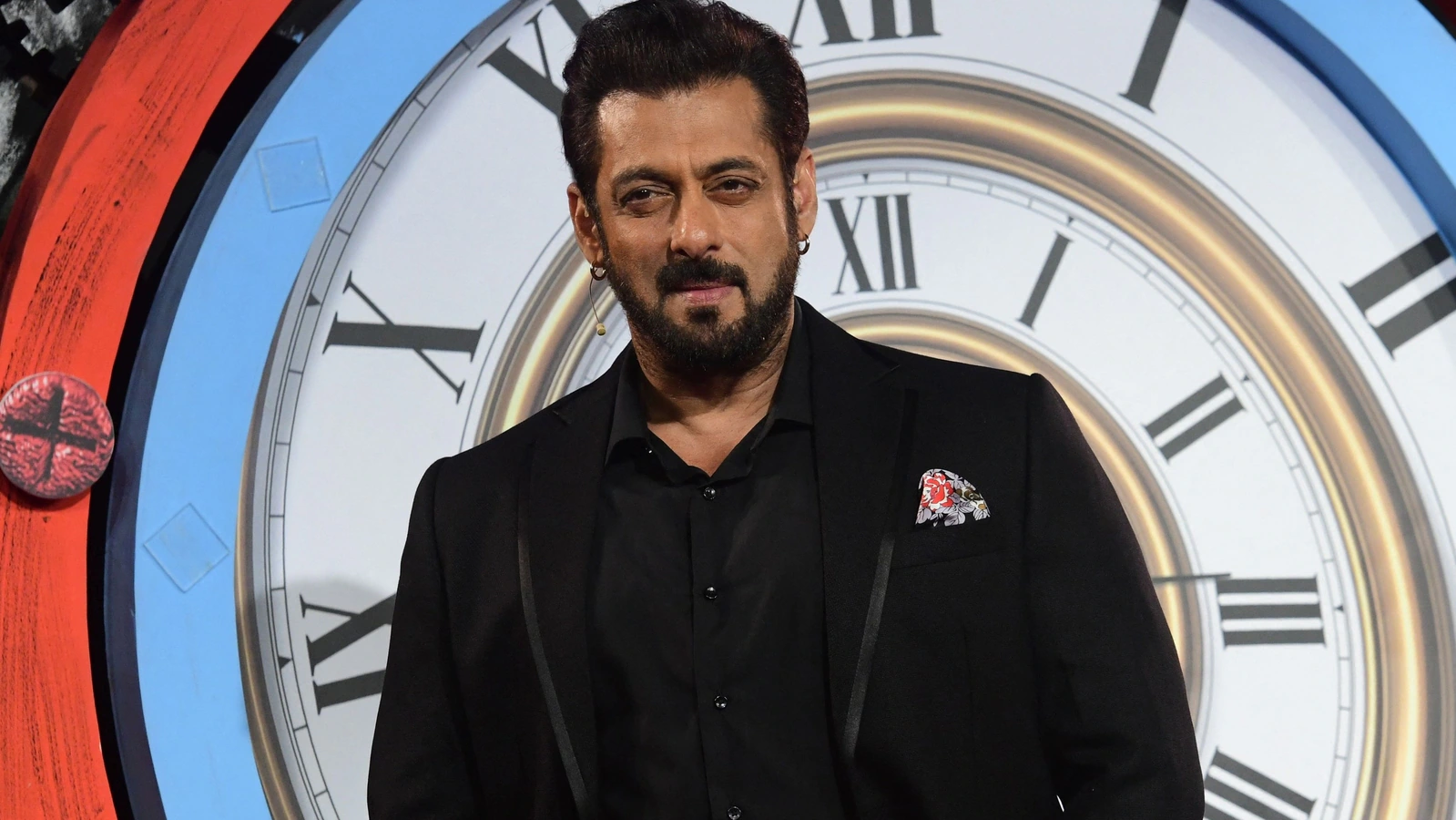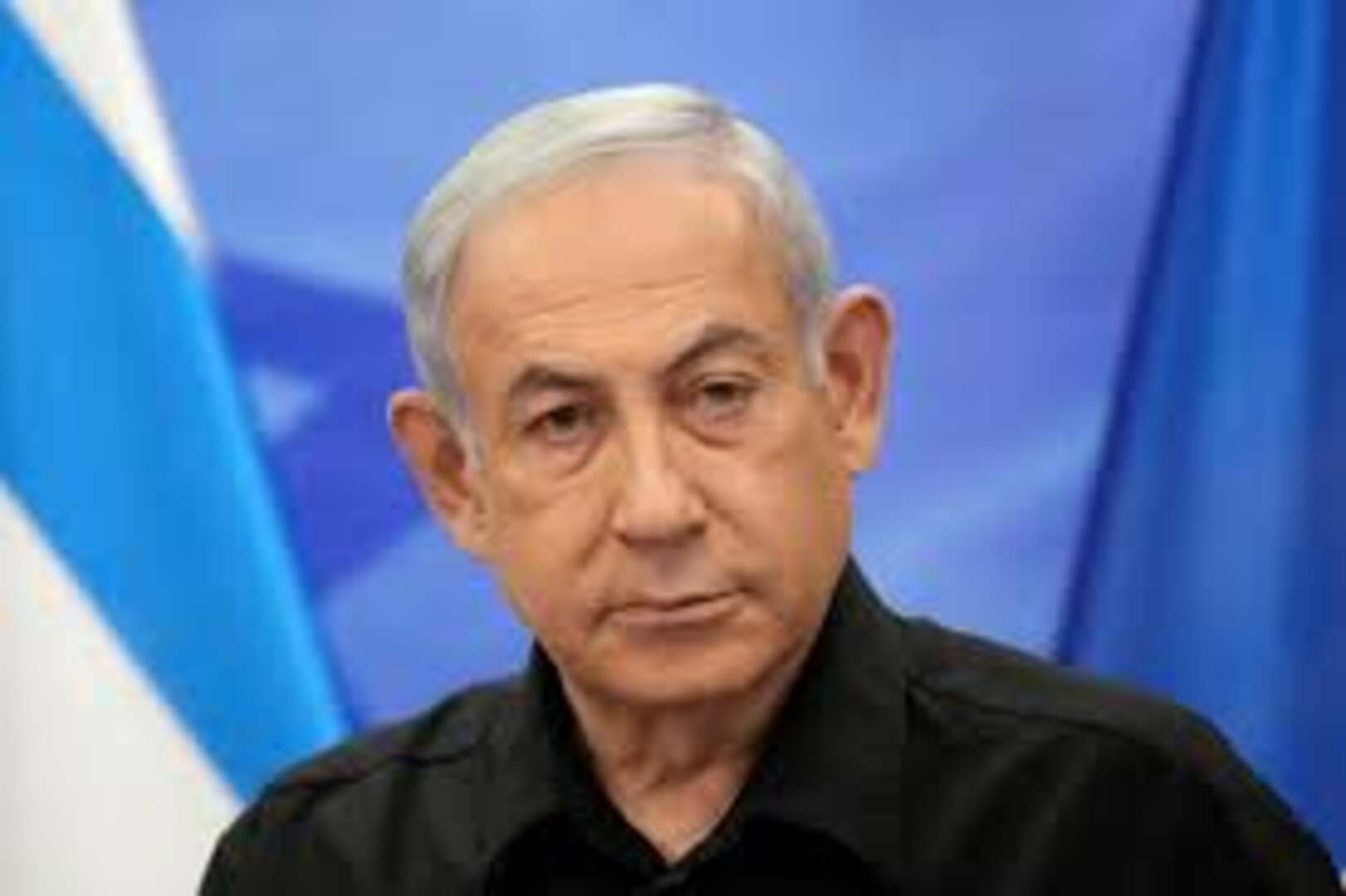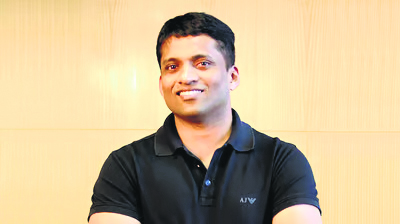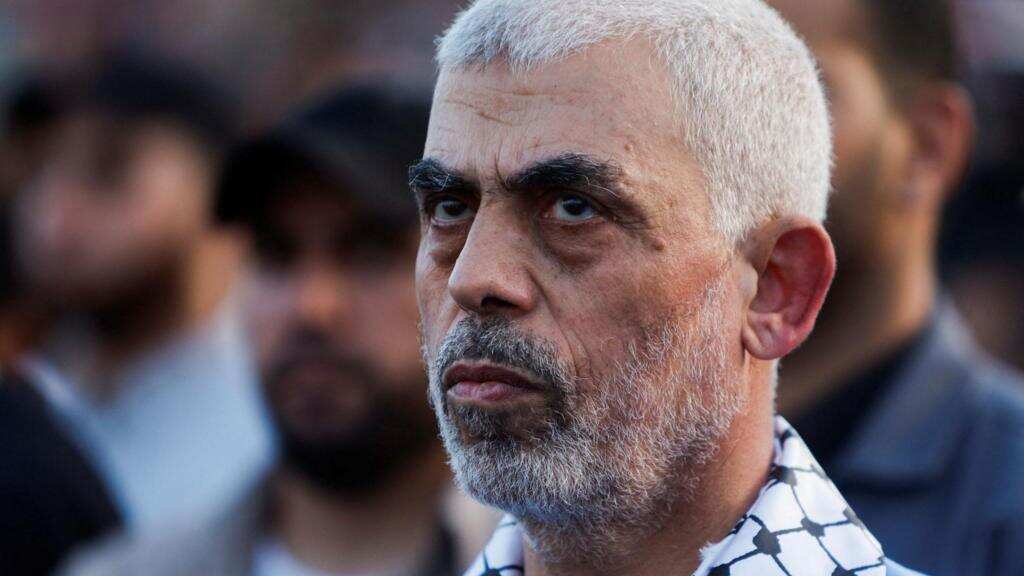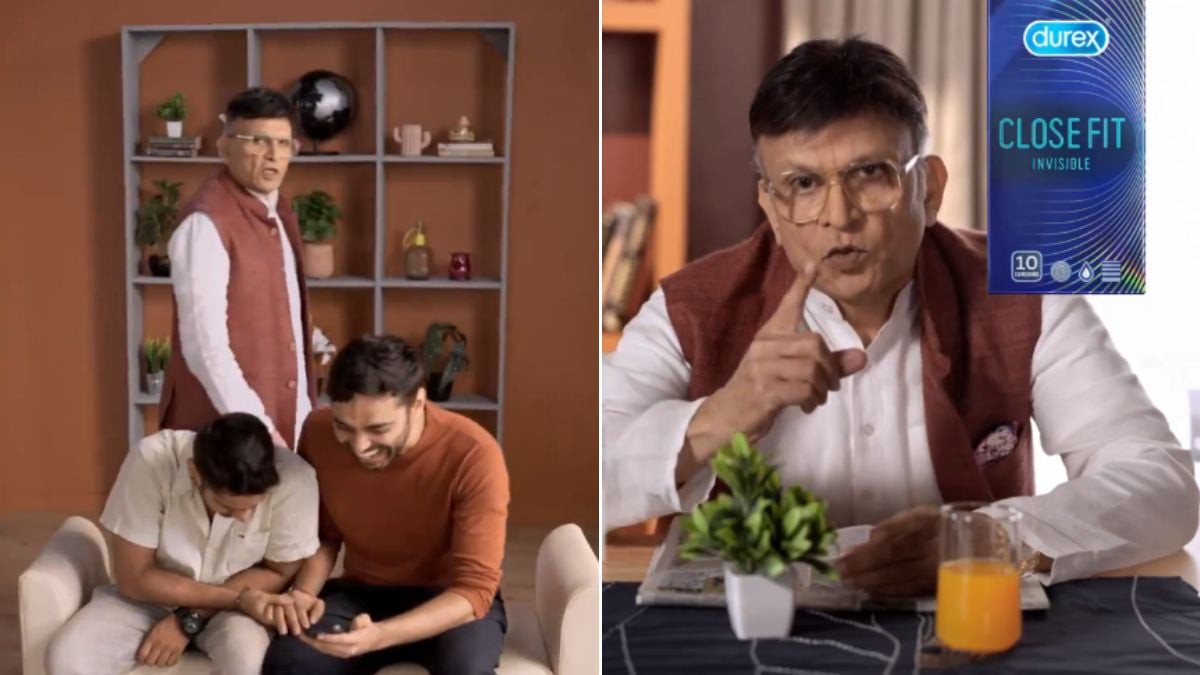
Launched in the 2006-07 academic year, the Prime Minister’s Scholarship Scheme annually extends higher education opportunities to a select number of wards and widows of former and deceased service personnel. Funded out of the National Defence Fund, it endeavours to provide technical and professional graduate and postgraduate education to the beneficiaries. In line with the vision of self-reliance, continuation and proper monitoring of the scheme is a requisite for fostering vocational education and inculcating professional skill sets in the deserving dependents for the enhancement of career opportunities and employability. While beneficiaries under the scheme are roped in by three different ministries – the Defence, Home Affairs (for CAPF, Assam Rifles and State Police Force officers martyred in naxalite or terrorist attacks) and Railways, the number of scholarships awarded to male recipients are uniformly set equal to the number of grants made to females. Female beneficiaries, however, enjoy a slightly greater monthly grant of INR 3000 as opposed to the INR 2500 their male counterparts are entitled to. Despite this being totalled monthly, the disbursement is an annual one, contingent to the fulfilment of the evaluative criteria for continuation. In a recent Parliamentary Response by the Minister of State for Defence, several significant datasets, some of them specific to the implementation of the scheme in Andhra Pradesh, and the evaluative framework for continuation have been elicited. Beneficiaries are expected to pass their semester exams with a minimum aggregate of 50% marks in a single attempt to ensure the continuation of receipt of grants under this scholarship.
Datasets concern – ing PMSS beneficiaries and the funds appropriated for implementation are tabulated ZilaSainik Board wise. For the state of Andhra Pradesh, for instance, thirteen ZilaSainik Boards comprise all of its twenty-six districts, with some such as the Chittoor and Visakhapatnam ZilaSainik Boards constituted of two or more individual districts. It is intelligible, from the first annexure to the Minister’s response, that during the past four academic years, the number of grants made to beneficiaries aiming to pursue graduate studies significantly outnumbers the number of grants made to postgraduate aspirants. This has a twofold implication – firstly, that more people, without a higher sector-oriented qualification, are being drawn to such education and secondly, that most professional and technical degree courses roped in under the scheme are graduate qualifications, save for the MCA, MBA and PharmD (Doctor of Pharmacy). For consideration of admission to the first two of these degrees, a recognised graduate qualification forms a prerequisite, however. It is worth noting that the PMSS does not imburse a purely academic degree or the academic component of an integrated qualification, like a BA in a BA-LLB degree. As such, the scheme specifically guarantees industry oriented education to the beneficiaries. The degrees they pursue throughout the period of receipt of PMSS grants are meant to be directly relevant to their opted career paths. In effect, it is intended for the qualifications to serve as pathways designed to equip the beneficiaries with professional skill sets that would be catalytic to their proactive engagement and participation in the sectorspecific workforce. Of the six classifications ordered based on priority for the grant of PMSS, the highest number of beneficiaries identify themselves as being ‘wards or widows of former service and coast guard personnel’. In the most recent academic year, for instance, the datasets indicate that a total of 5286 of the 5500 scholarship recipients identified themselves as belonging to the said classification. The fifth category, i.e., ‘wards or widows of former service and coast guard personnel in receipt of gallantry awards’ usually has the least number of beneficiaries roped in. This proportion of category-wise representation has remained fairly uniform for the past four academic years. Prior to 2019-20 AY, however, a total of 5000 grants were provided. Effective implementation of the PMSS over the past few years has ensured greater inclusivity and enhanced outreach. Increasing number of eligible beneficiaries are being drawn into the technical and professional higher education sectors, and their degrees have been equipping them with promising skill sets and industry oriented exposure, making a smoother and better informed transition to the workforce doable. Significantly higher disbursements are being made under the scheme. For the last academic year alone, disbursements worth INR 53.24 crores were sanctioned, for instance.
This was an all time high, with the overall amount surpassing the 2018-19 AY sanction of INR 40 crores. This annual disbursement, however, is subject to reviewal based on the total number of beneficiaries (both fresh and renewal cases) roped in per year and therefore that forms a significant causal factor in the variation. In addition to the promising exposure and vocational skill sets furnished, there is a need for the Government to provide employment support to the beneficiaries. With primacy, such support should be made available to the economically most vulnerable scholars to ensure they are able to access adequate opportunities in competitive technical sectors, post-graduation. Note that the datasets referred to have been taken from the ministerial response provided to Lok Sabha Unstarred Question No. 1703 concerning PMSS, on the 16th of December, 2022. The dataset dealing with the financial allotment has been sourced from the PMSS Portal, administered by the Department of ExServicemen Welfare, Ministry of Defence. Souhardya De is a legislative assistant to Member of Parliament (Lok-Sabha) and former Prime Minister’s YUVA Fellow under the Ministry of Education, Government of India.


